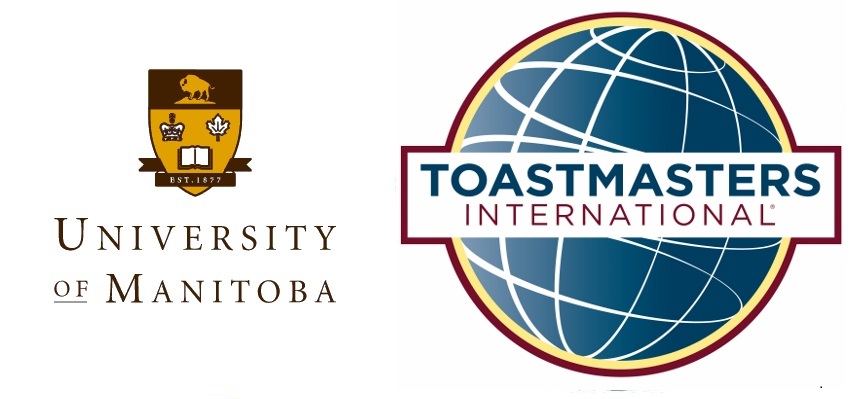Sergeant At Arms
The Sergeant at Arms serves as master host and makes the proper physical arrangements for all Club meetings. This person makes sure each member and guest is welcomed at Club meetings; chairs the weekly meeting; controls Club property between meetings; attends and participates in Executive Committee meetings.
|
President
The President serves at the Club's chief executive officer, responsible for general supervision and operation of the Club. The President presides at Club and Executive committee meetings and directs the Club in a Way which meets the educational growth and leadership needs of members. In cooperation with the Executive team, the President establishes long-term and short-term plans for Club growth.
|
Toastmaster
The main duty of the Toastmaster is to act as a genial host and conduct the entire program, including introducing participants. The Toastmaster prepares the meeting agenda and ensures the meeting runs smoothly.
|
Grammarian
The Grammarian selects a "Word for the Day". It should be a word that can be incorporated easily into everyday conversation but is different from the way people usually express themselves.
During the meeting announce the "Word of the Day", state its part of speech, define it, use it in a sentence, and ask that anyone speaking during any part of the meeting use it.
During the meeting the Grammarian listens to everyone's word usage and writes down any awkward use or misuse of the language (incomplete sentences, sentences that change direction in midstream, incorrect grammar, malapropisms, etc.) with a note of who erred. Write down who used the "Word of the Day" (or derivative of it) and note those who used it correctly or incorrectly.
The Grammarians report trys to offer the correct usage in every instance where there was misuse instead of only explaining what was wrong. The Grammarian also reports on creative language usage and announce who used the "Word of the Day".
|
Humour
The Toastmaster calls for volunteers (members or guests) who would like to tell a joke or funny story.
|
Prepared Speeches
A major portion of each meeting is centered around one or two speakers. Their speeches are prepared based on manual project objectives and should last from five to seven minutes for projects in the Communication and Leader Program manual and eight or more minutes, depending on the assignment, for projects in the Advanced Communication and Leadership Program manuals.
|
Evaluation of Prepared Speeches
After every prepared speech, the speaker receives an evaluation (written and oral) by another member. The purpose of the evaluation is to help the speaker become less self-conscious and a better speaker. The Evaluator will indicate what the speaker did well in their speech and also offer suggestions on what they could do to "grow on" to become a better speaker.
|
Table Topics
The ability to think and speak on your feet is an important skill that is invaluable in your everyday life. Table Topics provides you the opportunity to practice impromptu speaking - thinking and speaking on your feet. You learn how to present your thoughts in a clear, organized manner with a minimum of preparation.
|
Table Topics Master
The Table Topics portion of the meeting is conducted by the Table Topics Master. The Table Topics Master announces a topic and calls on participants, one at a time, who give impromptu one- to two-minute talks on the topic. Or the Table Topics Master may assign subjects individually. Topics will be realistic and useful to participants; they may address current events or issues, for example. Your goals as a respondent are to present ideas worth listening to, without prior preparation, and to communicate true feelings on the subject with skill and conviction.
|
Evaluation of Table Topics
Each participant of table topics receives a verbal evaluation. The Evaluator gives a personal reaction to the presentation, and the purpose of the feedback is to help the member become a more effective speaker.
|
Ah Counter
The purpose of the Ah Counter is to note words and sounds used as a "crutch" or "pause filler" by anyone who speaks during the meeting. Words may be inappropriate interjections such as "and, well, but, so, you know." Sounds may be "ah, um, er". The Ah Counter also notes when a speaker repeats a word or phrase such as "I, I" or "This means, this means."
|
General Evaluator
The General Evaluator evaluates the meeting in general. The General Evaluator comments on the quality of the evaluations given by the evaluators of the prepared speeches and table topics.
|
Timer
One of the lessons to be practiced in speech training is that of expressing a thought within a specific time. Prepared speeches, Table Topics and Evaluations are all timed by the Timer. At the end of the meeting the Timer will report the times of each participant. This will let the members know if they delivered their presentation within the allotted time frame.
|

